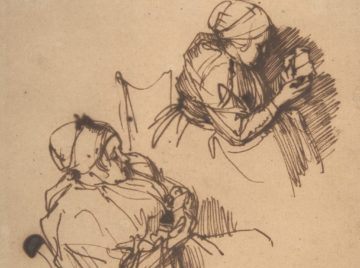Kate Rossmanith in Public Books:
 A few years ago, my book Small Wrongs was published. It has been labelled “essay-memoir” because it is a meditation on a concept: remorse in the criminal justice system and remorse in our everyday personal lives. In the criminal courts, a person’s apparent remorse can influence their sentence, including the granting of mercy in death penalty cases in the USA, and yet it is unclear how remorse is assessed. “Remorse is vague, ephemeral almost,” a lawyer told me. Remorse is a feeling, but it is also an exchange.
A few years ago, my book Small Wrongs was published. It has been labelled “essay-memoir” because it is a meditation on a concept: remorse in the criminal justice system and remorse in our everyday personal lives. In the criminal courts, a person’s apparent remorse can influence their sentence, including the granting of mercy in death penalty cases in the USA, and yet it is unclear how remorse is assessed. “Remorse is vague, ephemeral almost,” a lawyer told me. Remorse is a feeling, but it is also an exchange.
In developing Small Wrongs, I was confronted with the typical problems of writing from real life—negotiating all the ethical and technical obstacles—but the problem that seemed insurmountable concerned voice. I don’t mean, what is commonly referred to as, “the writer’s voice,” but to something else: the truth-speaking presence, the narrating “sound” of a piece of writing, the timbre of the consciousness on the page.
More here.
